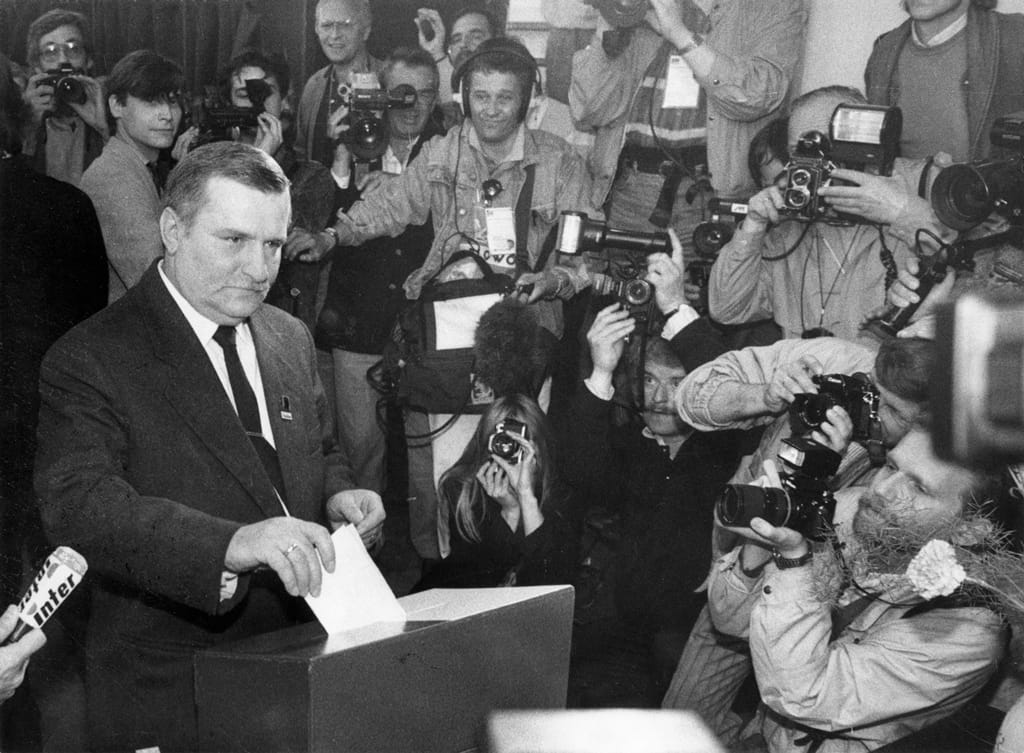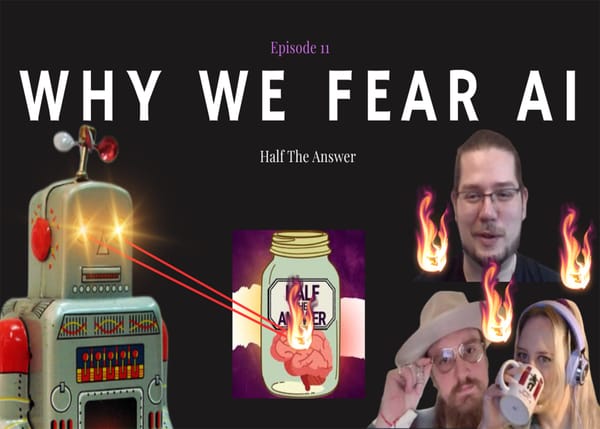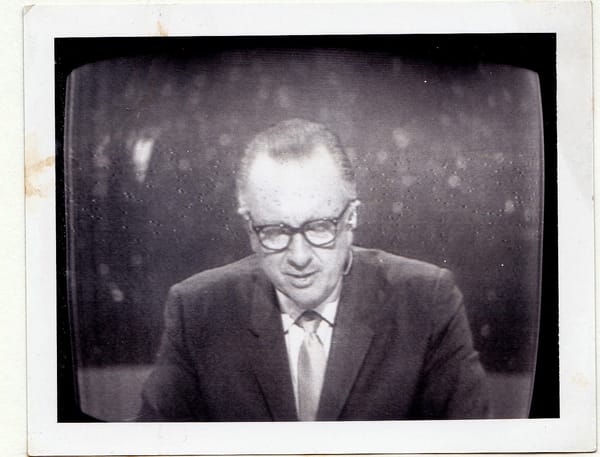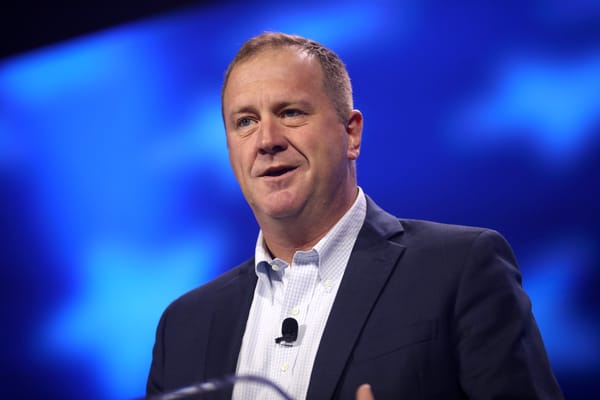Defending Democracy When Voters Make Bad Choices
It is precisely when the largest bloc of voters has chosen poorly that we need democracy the most.

There can be no denying that liberalism in America has been dealt a serious blow in our most recent election. Here at Liberal Currents we have been busy trying to understand what happened, to anticipate what may happen next, and to consider what we ought to do from here. My goal here is simpler: to make the case for facing our current political reality squarely without allowing democratic disappointment to become democratic despair and disenchantment.
The reality is this: Donald Trump ran the most cravenly cruel and overtly fascist campaign of any major party candidate in modern American history, he was already a known quantity for his first term and for attempting to overturn an election result—and more voters chose him than any other candidate. Trump is a bad choice, an incompetent and evil man who surrounds himself with incompetent and evil men, and yet he was the choice of a plurality of American voters.
There is a temptation to argue that under some better institutional arrangement, something closer to True Democracy, voters would never have erred so badly, but that can only take you so far. Yes, turnout was somewhat down in safe blue states, which it might not have been under a normal electoral system where those votes would have counted towards the final outcome. Yes, a plurality is not a majority, meaning that more people voted against Trump than for him. Yes, the electoral college is likely to blame for Trump occupying so central a role in our politics in the first place, by giving him an electoral votes-only victory in 2016. All of these things are true. It is also true that, given the percentage of votes he received, Trump would have won under essentially any alternative system, including any parliamentary one. It is also true that while overall turnout was down from 2020, it was high by American standards and right in line with OECD averages.
There are many reasons why a voter may have chosen Trump. Perhaps they hate higher prices, and are unaware that tariffs raise the prices on all of the goods impacted by them, or that forcibly deporting millions of people would raise the prices of services. Perhaps they simply hate immigrants more than they like the rule of law or the peaceful transfer of power. Perhaps they were disturbed by the content of the Twitter Files and somehow failed to notice that Twitter’s current owner is a de facto member of the Trump administration. Over 77 million people voted for Trump; their reasons are legion.
What they all have in common is that they are bad reasons. They are grounded in ignorance ("only ‘the bad ones’ will get swept up in the deportations"), in unwarranted wishful thinking ("Trump won’t really raise tariffs so broadly and so high"), in plain old stupidity ("January 6 was no big deal"), in cruelty and bigotry ("someone needs to put those queers in their place").
It is tempting to rationalize this, to try and explain it away, or just plain to ignore it. It is equally tempting to become disheartened by it, to find our faith in democracy shaken.
But democracy is not a system predicated on transcending human failings. Instead, it is predicated on several basic realities: that systems which build in collective feedback mechanisms have greater long-term stability than those which do not. That smaller groups of people are no more likely to surmount their human failings than large groups of people and are more likely to pursue their own partial interests at the expense of the public. That regular elections provide regular opportunities for mistakes to get corrected, which in an imperfect world is far preferable to having one man or one party permanently in charge and hoping you just so happen to get the correct man or party for the job.
The fact of the matter is that democracy is more important when you are out of power than when you are in it. As Toby Buckle recently put it:
The reality is, if you can’t organise, win people over, and win elections in a liberal democracy with free speech, free association, and a universal franchise, you’re not suddenly going to be able to win in authoritarian herrenvolk democracy without any of those things, much less under full totalitarianism.
We need to do everything we can to preserve democracy in America for the next four years precisely because the simplest path to defeating Trump’s party is to preserve our ability to do so at the ballot box. 77 million voters chose very badly this time, but roughly three million of them have very recently shown they were willing to vote for another candidate. Now more than ever, at this dangerous moment in our history, we need democracy in order to have the chance to correct the mistakes that voters made this time around.
Featured image is Lech Wałęsa in 1989, by Stefan Kraszewski




